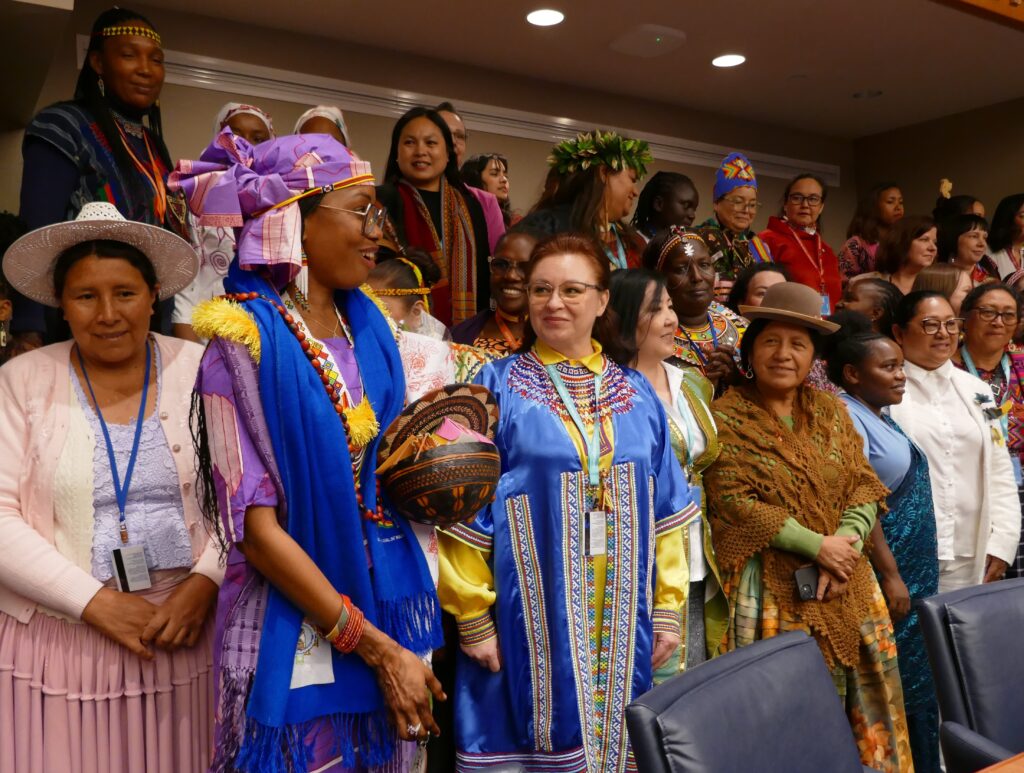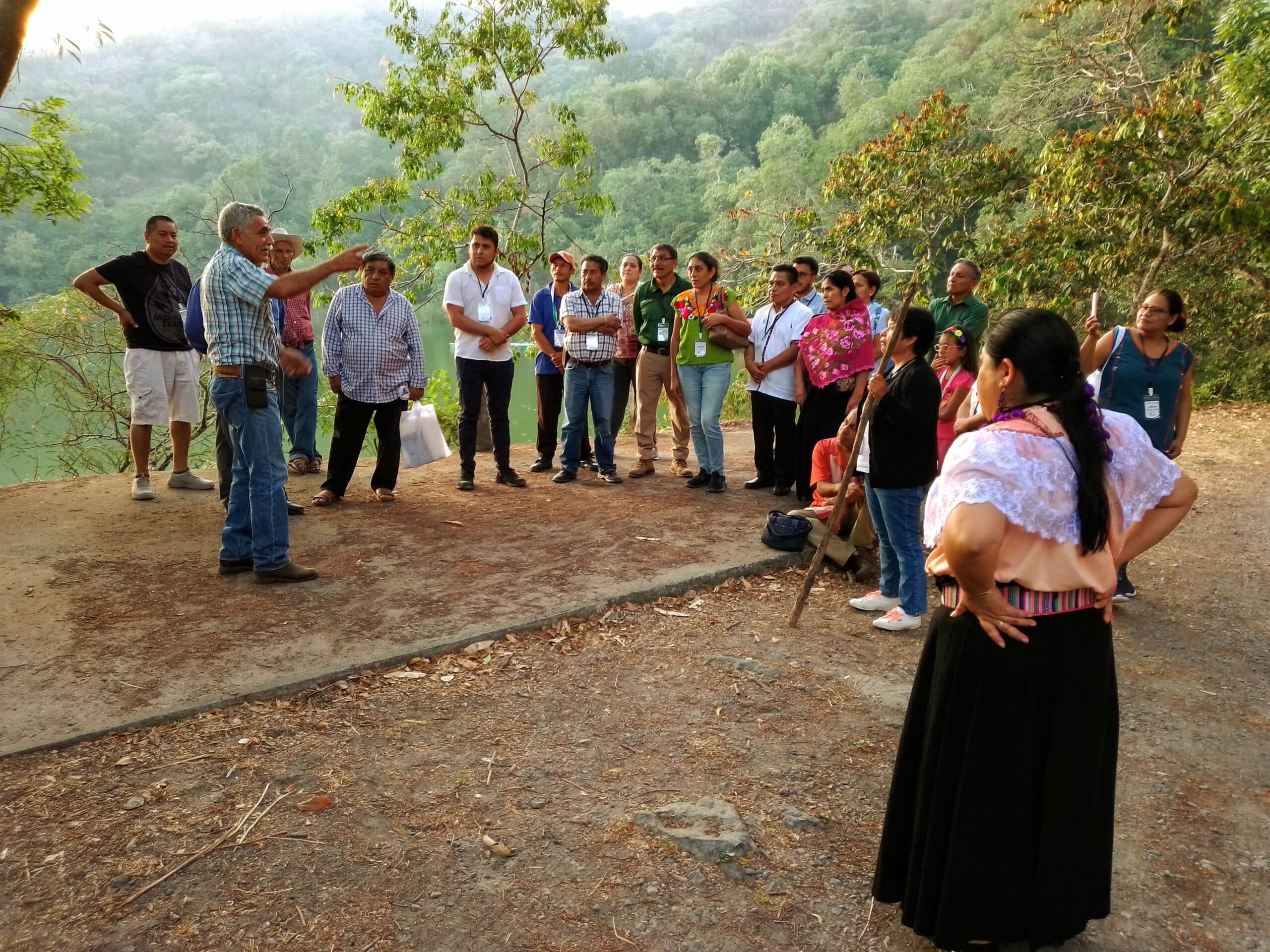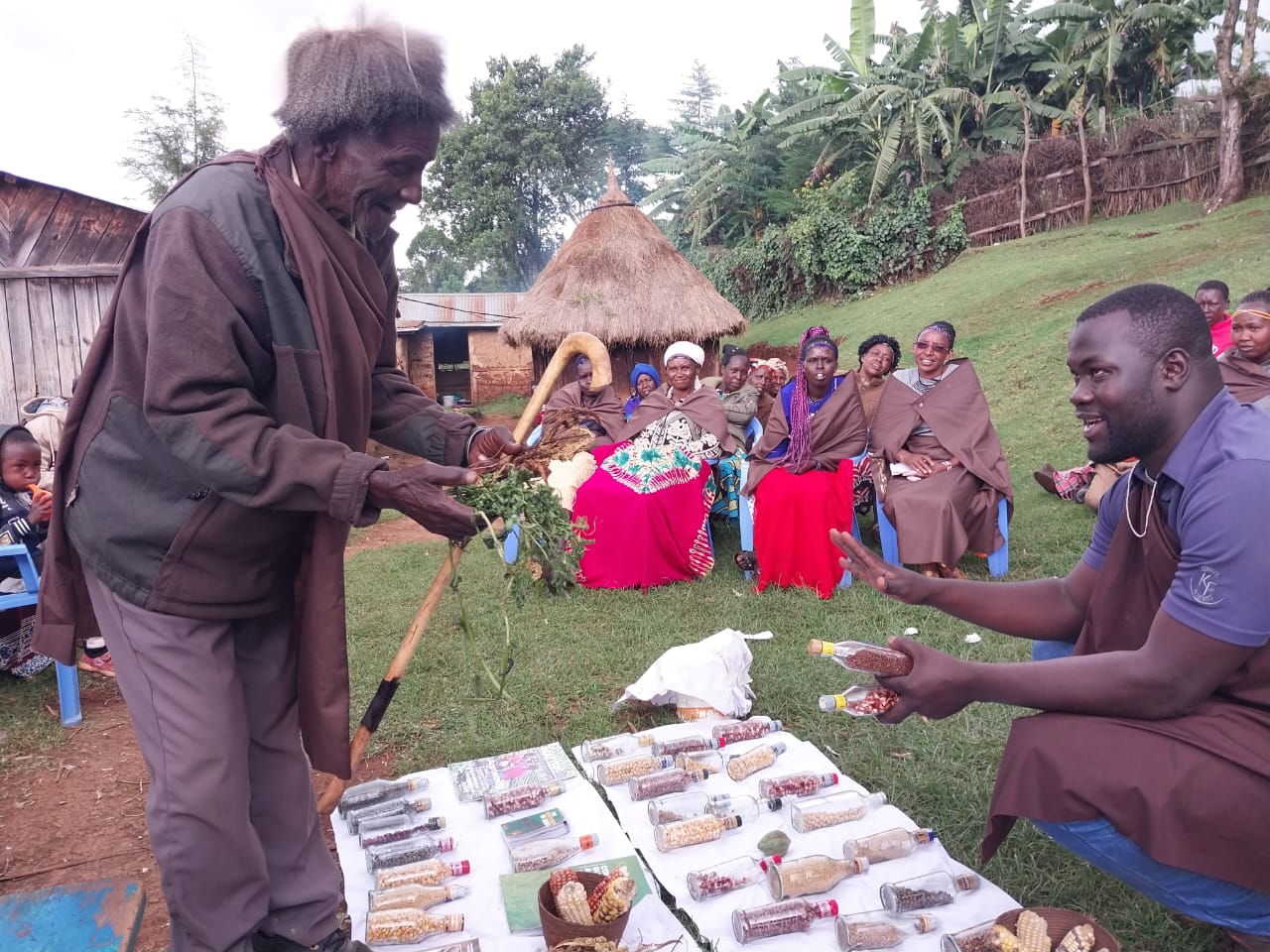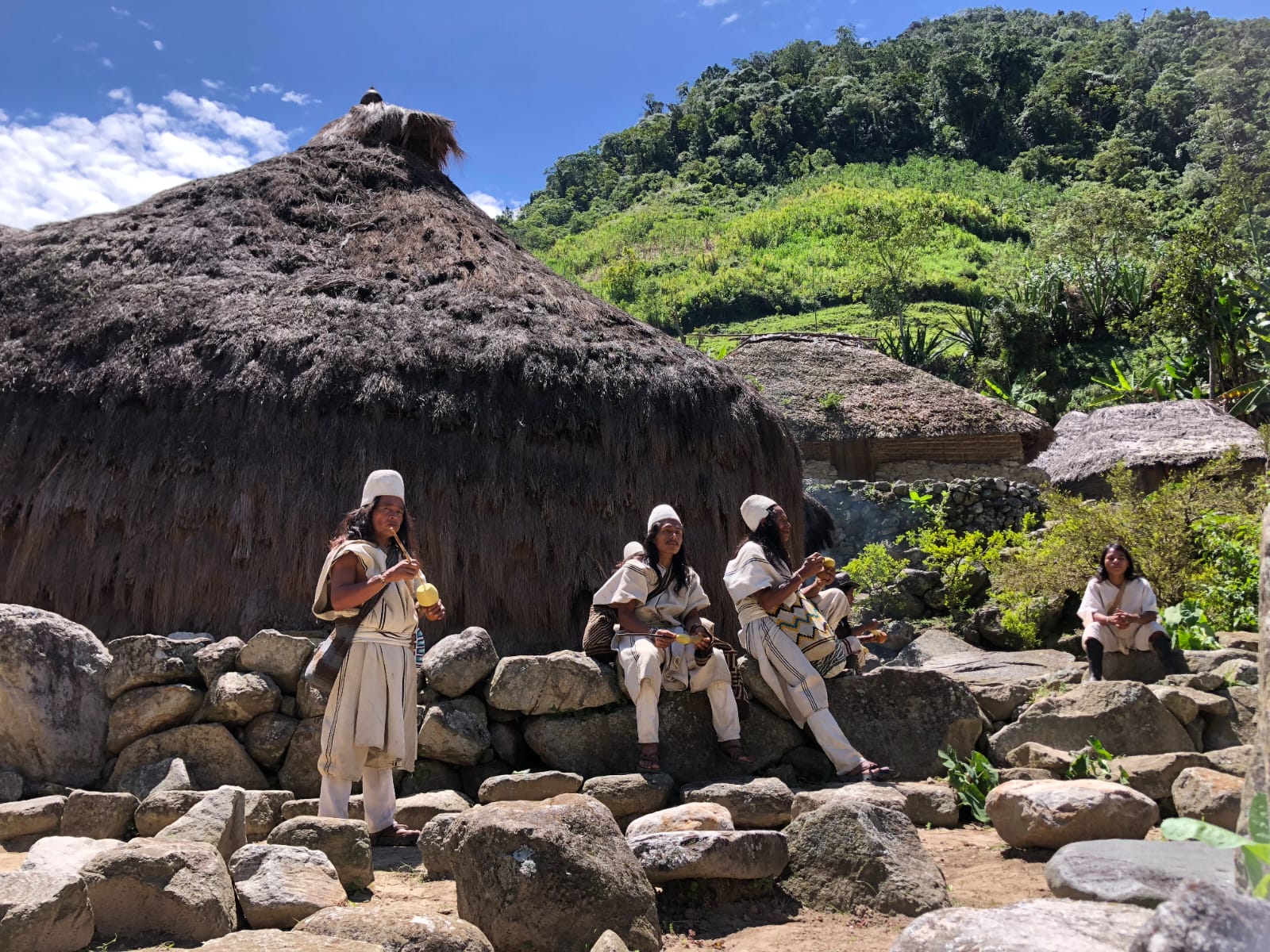
How did it start?
The term “Indigenous Peoples and local communities” first emerged in international policy during the 1992 United Nations Conference on Environment and Development. This terminology was included in the Convention on Biological Diversity, Agenda 21, and the Rio Declaration on Environment and Development.
By the mid-2000s, this phrase became common in conservation spaces, including usage by the UN Programme of Work on Protected Areas.
During early discussions about drafting a UN Declaration on the Rights of Indigenous Peoples, the UN Working Group on Indigenous Populations helped states understand why the term “Peoples” was more appropriate than “populations,” “tribals,” or “peasants.”
After the UN Declaration on the Rights of Indigenous Peoples was adopted in 2007, an international consensus formed around the distinct nature of Indigenous Peoples. States began aligning their terminology with the Declaration’s recognition of Indigenous Peoples. This shift was reflected in changes to UN procedures, such as renaming the “Special Rapporteur on the situation of human rights and fundamental freedoms of indigenous people” to the “Special Rapporteur on the rights of Indigenous Peoples.”
Why Indigenous Peoples should not be conflated with the term “local communities”?
- Indigenous Peoples have a unique status as distinct people in international law. They are right-holders of distinctive rights – individual and collective – recognized in the UN Declaration of the rights of Indigenous Peoples.
- There are international instruments that recognize rights to specific social groups, such as peasants, afro-descendants, and minorities, but there is not one yet that recognizes rights to and defines the scope of local communities.
- While conflating Indigenous Peoples with local communities or other social groups, Indigenous Peoples’ rights, status, rights and contributions are diminished.
- When Indigenous Peoples are grouped into a single category with others, there is a risk that anyone could occupy their seat and speak on their behalf in decision-making processes at all levels.
- The use of the acronym “IPLC” in formal and informal venues, conferences, meetings, as well as studies and publications, among others, is reductionist and disregards the historical struggle of Indigenous Peoples for their own recognition, making other social groups’ own demands invisible.
- The conflation of the terms prevents accountability and transparency in the use of resources and financing directed to climate change and biodiversity.
- Some States do not recognize the existence of Indigenous Peoples. Instead, States refer to Indigenous Peoples as local communities or other social groups. This undermines the recognition of their individual and collective rights.
- The conflation of terms creates confusion and reduces the accuracy of data on the unique contributions Indigenous Peoples in preserving biodiversity. Recently, some UN Entities, States and foundations mistakenly have attributed these contributions to local communities.
- The conflation of terms is affecting the formulation, implementation, and monitoring of public policies at the national level due to a lack of specificity and differentiation.
- The conflation of terms has increased confusion and normalization of assimilationist narratives and regressive practices that are detrimental to the rights of Indigenous Peoples.
What has been done?
The United Nations Mechanisms related to Indigenous Peoples: the United Nations Permanent Forum on Indigenous Issues -UNPFII-, Expert Mechanism on the Rights of Indigenous Peoples -EMRIP- and the Special Rapporteur on the rights of Indigenous Peoples -UNSR- have issued recommendations according to their mandates requesting all UN entities to refrain from conflating or equating Indigenous Peoples with “local communities”.
The three UN Mechanisms issued a joint statement made in Geneva in July 2023, urging “to cease the use of the term “local communities” alongside “Indigenous Peoples,” so that the term “Indigenous Peoples and local communities” is no longer used.”
In continuing the efforts, the three UN Mechanisms met in Rome on February 26-28, 2024 with United Nations entities and Indigenous Peoples’ representatives, providing recommendations to “avoid perpetuating violations of human rights and the challenges faced by Indigenous Peoples due to grouping and conflating them with the term “local communities” or other categories.”
| These statements and recommendations do not seek to undermine “local communities” but are aimed at explicitly promoting and protecting the rights of Indigenous Peoples to ensure they are not diminished or otherwise compromised. |



